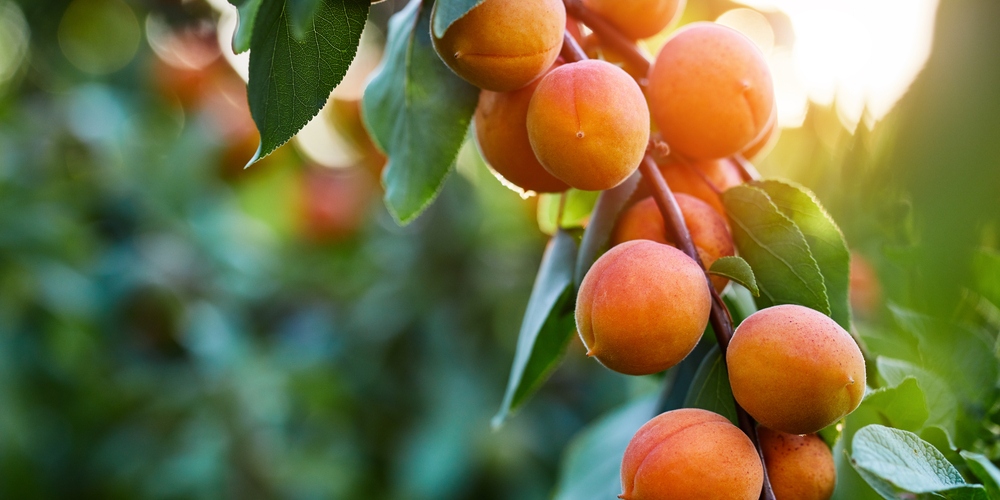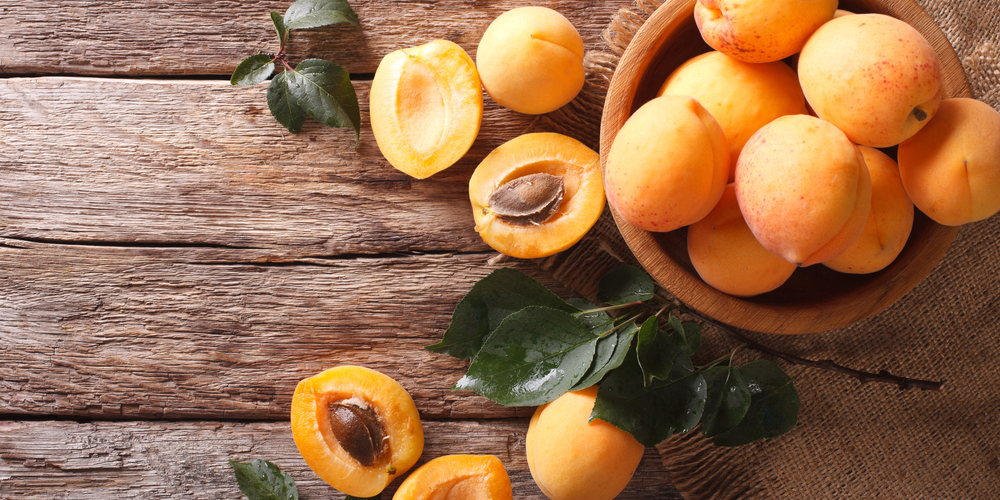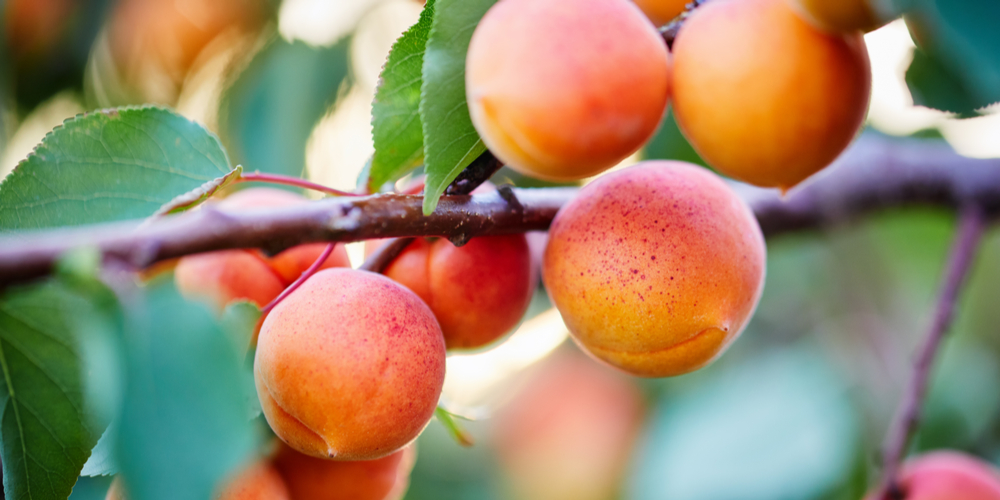If you live in Pennsylvania, it means you have plenty of choices for growing fruit trees in your yard. The state goes through USDA hardiness zones between 5 and 7. The temperatures tend to be mild during winter (but frosts are not uncommon) and hot in the summer, perfect for growing trees. Compared to other states with temperate conditions (but not-so-cold winters), Pennsylvania offers plenty of chill hours. But, depending on where you live in the state, you may have different options at your disposal.
Quick Answer:
…you can successfully grow most stone trees in Pennsylvania, including peaches, apricots, cherries, nectarines, and plums.

If you know something about growing fruits, you must know that most species require a particular number of hours in low temperatures to start fruit production. Yes, your plant might survive even without adequate chill hours, but it won’t produce what we all appreciate the most from these trees.
When growing fruits in your garden, you must choose a variety that works well in your climate and local weather conditions. Indeed, not all fruits are suitable for all states.
But what about apricots? Can you grow apricots in Pennsylvania? If you want to find the answer to these questions, keep reading. Here, we include everything you must know about growing apricots in Pennsylvania.
Can you Grow Apricots in Pennsylvania?
Let’s be straight here: yes, you can successfully grow most stone trees in Pennsylvania, including peaches, apricots, cherries, nectarines, and plums. If you don’t know what stone fruits are, don’t worry: it is simple. As you may expect, the term refers to trees that produce fruits with a hard seed inside.
Apricots are delicious fruits that thrive in the Pennsylvania climate. They love the state’s humidity and summer heat. Because they need between 700 and 1,000 chilling hours, Pennsylvania offers the ideal conditions for the growth of these plants. Plus, they won’t mind short periods of drought. However, they won’t do very well in the cold. You can plant them in your garden and have them thrive, but as soon as the temperatures drop, you must wrap your trees in burlap or other heat-retaining materials.
Select a hardy variety to grow in Pennsylvania to minimize the risk of damaging your trees when the winter comes. Ask in your local nursery for Goldrich, Royal Blenheim, Moorpark, or Tilton: they are the hardiest species of apricot trees.
Planting an apricot might be your best solution if you don’t have much space in your yard for a tree. This plant is self-fruiting, meaning you don’t need to get a pollination partner to ensure fruit production and doesn’t grow much.
Apricot Trees Care: Our Tips
If you select a suitable cultivar for your area, you are one step ahead in taking care of your tree. Still, you must pay attention to your plant to ensure it will grow into a healthy tree. For starters, these plants need well-draining soil rich in organic matter. Apricots love moisture: water them thoroughly, especially during their first year of life.
While they are not challenging to grow, you must monitor these trees at all times. Indeed, almost anything can harm apricots. Taking prompt action when you notice something off can save your tree from considerable stress. For instance, too much wind can damage your tree’s branches, too much moisture might rot the roots, and insects like to munch on this plant’s leaves.
Prevention is better than cure: ensure you regularly prune your tree to allow adequate airflow, avoid overwatering your plant, and apply the appropriate products to minimize attacks from insects. Prune and train your trees in late fall to enhance fruit production in the spring. Doing so will make your plant strong and healthier by the time spring arrives.
The key to growing thriving apricot trees lies with consistent care. Contrary to other trees, apricots are not plants you can forget once planted. You must prune, spray, water, and protect your trees against the external elements.
Also, don’t forget to feed your plants to boost fruit production and ensure your trees grow healthy and lush. Add some mulch around the tree base to increase water retention and improve the nutrient content in the soil.
Can You Grow Apricots in Pennsylvania?: The Bottom Line
So, in short, yes: you can grow apricots in Pennsylvania. However, you will have to pay attention to this plant to prevent it from catching diseases and suffering from damage. Pennsylvania climate can get cold in the winter: don’t forget to protect your plants against frost and low temperatures.
Related Article: Zone 7b Fruit Trees the Essential Guide

